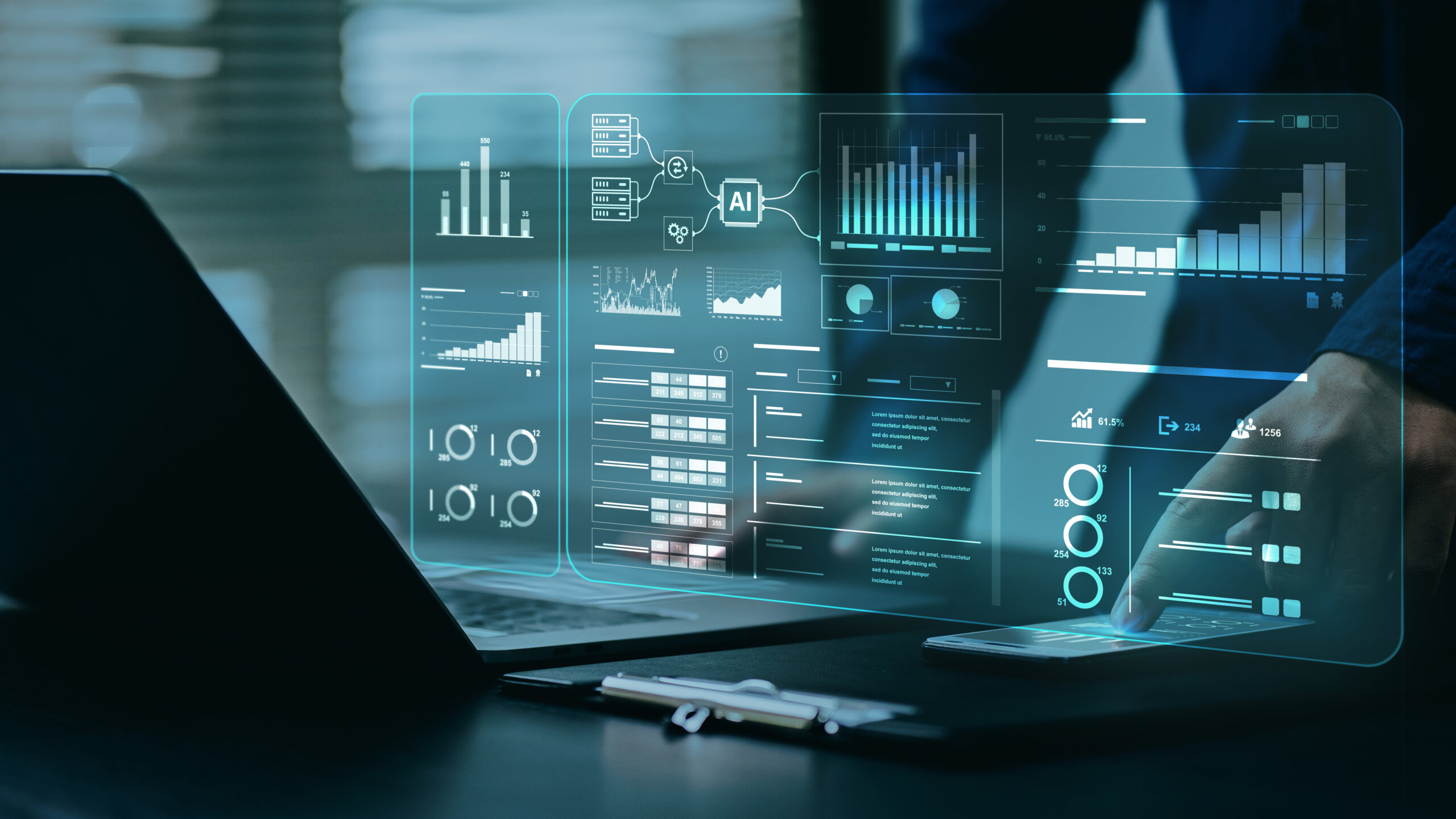
Data and analytics serve as a crucial foundation for institutional strategy, effective decision-making, and promoting student success within higher education. However, this pivotal foundation is facing unprecedented complexity due to the swift growth of artificial intelligence (AI).
The 2025 EDUCAUSE Horizon Report: Data and Analytics Edition provides a forward-looking analysis, compiled by a global panel of higher education data and analytics professionals, on how emerging trends and innovations are fundamentally reshaping the data landscape.
The future effectiveness, agility, and innovation of colleges and universities will largely depend on how adeptly they adjust their data strategies to this rapidly evolving environment.
This report highlights key STEEP (Social, Technological, Economic, Environmental, and Policy) trends and six important technologies and practices shaping the future of data and analytics in higher education.
Key Takeaways
The report highlights several significant shifts and persistent challenges institutions must address:
- The AI Imperative and Its Risks: The rapid proliferation of artificial intelligence, including generative AI, makes data and analytics more pivotal than ever before. AI is introducing profound opportunities but also significant risks. Panelists highlighted that rapid AI adoption is outpacing the necessary development of oversight, training, and policy, which introduces concerns about algorithmic bias, “hallucinated” outputs, and unclear decision-making. This technological expansion is pushing the role of “data person” beyond IT and Institutional Research (IR) to widespread adoption among faculty, staff, and students.
- The Critical Gap in Data Literacy: A continued and substantial gap in essential data skills, such as data literacy, AI literacy, and security/privacy awareness, is hindering institutional responsiveness and adaptability. This gap is exacerbated by the rapid evolution of technology and inconsistent training structures. Without sufficient data literacy, institutional stakeholders may make decisions based on false assumptions, and staff lack the capacity to use data and AI responsibly. This imbalance slows decision-making when agility is paramount and places added pressure on overextended IR and data teams.
- The Need for Modern Governance and Architecture: The rising need for effective data governance is driven by rapid technological change, evolving roles, and the urgent need to manage expanding risks, especially with the surge of unstructured data (including AI-generated content). Institutions are recognizing the necessity of shifting toward unified data models and integrated data ecosystems to improve decision-making, reporting, and predictive analytics capabilities. This movement is supported by emerging architectural solutions like Data Mesh Architecture, a decentralized model for data ownership and access, and the corresponding best practice of Federated Data Governance, a hybrid model balancing central oversight with local control.
- Data as a Strategic Survival Tool: Increasing financial pressures, such as rising operational costs and shifting enrollment patterns, are intensifying the focus on data-driven planning and decision-making for managing risk and ensuring future stability. Additionally, environmental factors are driving institutions to use analytics to inform sustainability efforts and plan for climate resilience, including scrutinizing the vast energy consumption of data centers supporting AI and cloud services.
- Shifting Workforce Roles: AI is fundamentally reshaping data analytics roles in the workforce. As AI absorbs many entry-level tasks, analysts are shifting focus from basic reporting to more strategic, cross-functional responsibilities, acting as reviewers and interpreters of AI-generated insights. This technological change is also driving a demand for adaptive, workforce-relevant learning to address quickly evolving industry needs and prevent widening skill gaps.
Actionable Steps Your Institution Can Take
Data and analytics professionals can take deliberate actions, derived from the report’s key technologies and practices, to advance their institutional data maturity:
-
- Prioritize and Define Data Literacy: Clearly define data literacy and embed it into governance frameworks. Develop a data literacy program that is role-specific and context-aware, moving beyond a one-size-fits-all approach to equip individuals with the specific skills needed for their functional contexts. Ensure training includes foundational learning and addresses ethical and responsible use of data and AI. CampusGuard’s Information Security Awareness training course explores some of the more prevalent AI-powered cybersecurity threats and shares guidance on how to detect potential risks and protect your institution.
- Establish Robust AI Governance and Oversight: Implement frameworks that mandate the critical evaluation and interpretation of AI-generated insights by knowledgeable staff. Develop interdisciplinary working groups to guide AI-powered decision intelligence, ensuring all relevant stakeholders are included. Prioritize tools and systems with transparency, usability, and explainability to build trust among data users. CampusGuard’s team can assist with institutional policy creation and review, as well as ongoing vendor security reviews to ensure any new third-party tools utilizing AI are evaluated and approved before deployment on campus.
- Modernize Data Architecture and Governance: Explore moving toward integrated data ecosystems or decentralized models like Data Mesh Architecture to enhance scalability and agility. If pursuing decentralization, develop institution-wide standards through federated data governance. This involves defining standards centrally while allowing local domain owners to execute them. Create a collaborative governance council charged with communication and aligning the enterprise-level data strategy.
- Leverage AI for Day-to-Day Operations Strategically: Use AI-powered assistants to help close the gap between IT and business users, making data easier to understand and supporting staff with tasks like coding reports or generating data visualizations. Before releasing AI tools, pilot and probe for weaknesses to refine end-user guidance and improve guardrails. CampusGuard’s RedLens InfoSec team can conduct a pen test on these tools using strategies such as prompt injection to identify any vulnerabilities that cybercriminals can exploit.
- Adopt Mixed Methods for Deeper Insights: Design studies that integrate both quantitative (e.g., learning analytics) and qualitative research (e.g., surveys, focus groups) to generate a more holistic picture of student experiences. This approach, increasingly feasible with generative AI assistance, allows data users to understand not just “how many” or “how much,” but also the critical “how” and “why” behind outcomes.
Final Thoughts
The 2025 EDUCAUSE Horizon Report indicates that higher education stands at a critical inflection point. While AI-powered tools and modernized data architectures promise efficiency and innovation, institutions must intentionally invest in responsible and sustainable data practices to realize these benefits.
Institutions that fail to build strong foundations in data literacy and governance risk falling behind, not just technologically, but in the essential ability to effectively support staff and students. The core challenge is balancing the speed of technological adoption with the caution required to ensure ethical, equitable, and human-centered decision-making.
Data and analytics professionals must serve not only as technical experts but as vital leaders in cultural change and enablement, ensuring that data is leveraged for the benefit of the entire community.
CampusGuard can partner with you to provide security awareness training, AI implementation and governance/policy guidance, and pen testing to ensure that your environments are secure and protected. Contact us to learn more and get started!

